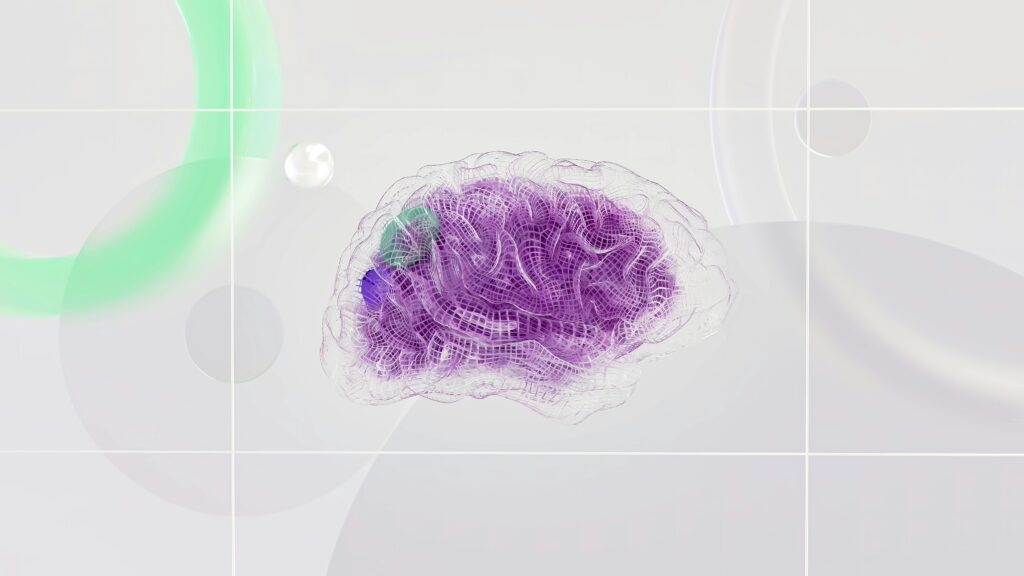
What Recent Research Says About Sleep Apnea and Stroke: Critical Findings You Need to Know
Sleep apnea isn’t just about snoring or poor sleep—it’s a serious health threat with direct links to stroke risk. Emerging research reveals startling connections between untreated sleep apnea and cerebrovascular events. This comprehensive review breaks down the latest scientific findings, explains the biological mechanisms, and provides actionable prevention strategies.
The Alarming Connection: Key Statistics
Recent meta-analyses show:
📊 Stroke Risk Increase:
- People with severe sleep apnea are 3x more likely to suffer ischemic strokes (JAMA Neurology, 2023)
- Even mild apnea increases stroke risk by 40% (American Heart Association, 2024)
🩺 Post-Stroke Outcomes:
- Stroke patients with untreated apnea recover 30% slower (Sleep Medicine Reviews, 2024)
- CPAP use post-stroke reduces mortality risk by 22% (NEJM, 2023)
🌍 Global Impact:
- 58% of stroke patients have undiagnosed sleep apnea (World Stroke Organization)

How Sleep Apnea Triggers Stroke: 3 Biological Pathways
1. Oxygen Deprivation & Blood Pressure Spikes
During apnea events:
- Blood oxygen drops below 90% (vs. normal 95-100%)
- The brain triggers adrenaline surges, spiking blood pressure
- Result: Vessel damage and clot formation risk
2. Inflammation & Plaque Buildup
- Apnea increases C-reactive protein (CRP) by 60%
- Chronic inflammation accelerates atherosclerosis (artery hardening)
3. Atrial Fibrillation Link
- Apnea causes 4x higher AFib risk (irregular heartbeat)
- AFib allows blood clots to form and travel to the brain
Table: Sleep Apnea Severity vs. Stroke Risk

| AHI (Events/Hour) | Stroke Risk Increase | Recommended Action |
|---|---|---|
| 5-15 (Mild) | 40% | Lifestyle changes + monitoring |
| 15-30 (Moderate) | 2.1x | CPAP therapy + cardiac workup |
| 30+ (Severe) | 3.3x | Immediate CPAP + neurologist consult |
Critical 2024 Research Findings
1. CPAP Reduces Recurrent Strokes (JAMA, Jan 2024)
- 4,200 stroke survivors studied
- CPAP users had 37% fewer second strokes over 5 years
2. Women Are Underdiagnosed (Stroke Journal, Mar 2024)
- Women with apnea experience more silent strokes (no obvious symptoms)
- Their stroke risk rises faster at lower AHI levels than men’s
3. Brain Damage Starts Early (Neurology, Feb 2024)
- MRI scans show white matter lesions in mild apnea patients
- These predict future stroke locations
Who’s Most at Risk?
High-Risk Groups
- Over 50 with hypertension
- Post-menopausal women (hormone changes worsen apnea)
- Stroke survivors (60% have undiagnosed apnea)
- People with AFib or diabetes
Warning Signs Beyond Snoring
✔ Morning headaches
✔ Excessive daytime fatigue
✔ Waking gasping for air
✔ Depression/memory issues

Protecting Your Brain: Evidence-Based Strategies
1. Get Screened (Especially If High-Risk)
- Home sleep tests now cover 80% of diagnoses
- Pulse oximeters can detect oxygen dips
2. CPAP Therapy: The Gold Standard
- Reduces stroke risk to near-normal levels with consistent use
- New auto-adjusting machines improve compliance by 50%
3. Lifestyle Interventions
- Weight loss: 10% reduction = 30% fewer apnea events
- Sleep position training: Back sleeping worsens apnea
- Alcohol reduction: Even 1 drink increases events
4. Post-Stroke Care Protocol
- Mandatory sleep studies after stroke (new guidelines)
- CPAP + speech therapy improves recovery

FAQs: Sleep Apnea & Stroke
1. Can treating sleep apnea prevent a first stroke?
Yes. CPAP lowers risk by 45-70% in high-risk patients (AHA 2024 data).
2. How quickly does CPAP help after starting?
- Blood pressure improves in 1 week
- Stroke risk reduction begins at 3 months of consistent use
3. Are there alternatives if I can’t tolerate CPAP?
- Oral appliances (effective for mild-moderate cases)
- Inspire implant (for severe apnea)
- Positional therapy + weight loss
4. Does sleep apnea cause mini-strokes (TIAs)?
Yes. Apnea patients have 2.5x more TIAs, which often precede major strokes.
5. Can children with apnea develop stroke risk?
Rare, but severe pediatric apnea causes vascular changes that may predispose to early strokes.
Key Takeaways
- Sleep apnea is an independent stroke risk factor, comparable to smoking.
- 70% of stroke patients should be screened for apnea (current screening: <20%).
- CPAP isn’t just about sleep—it’s brain-saving therapy.
Action Step: If you or a loved one has snoring + fatigue + hypertension, demand a sleep study. It could be the most important test of your life.
